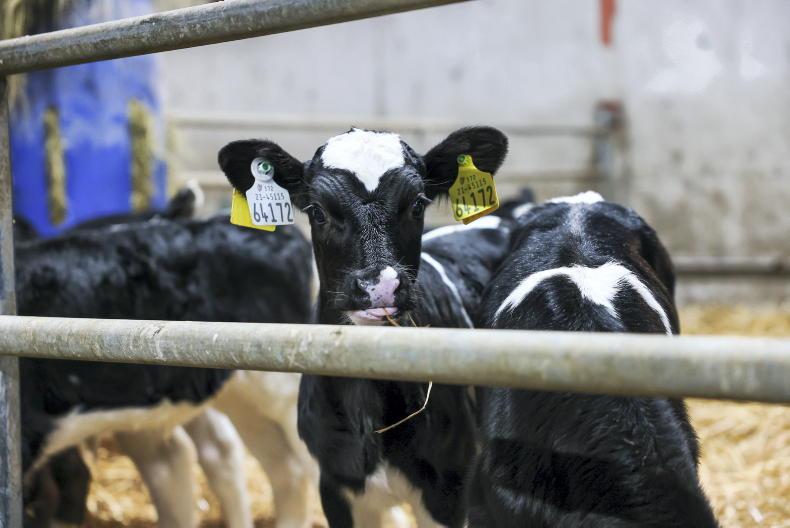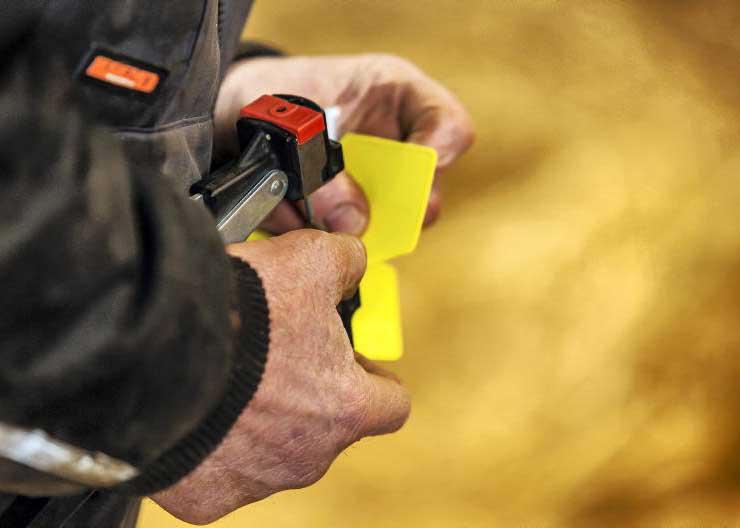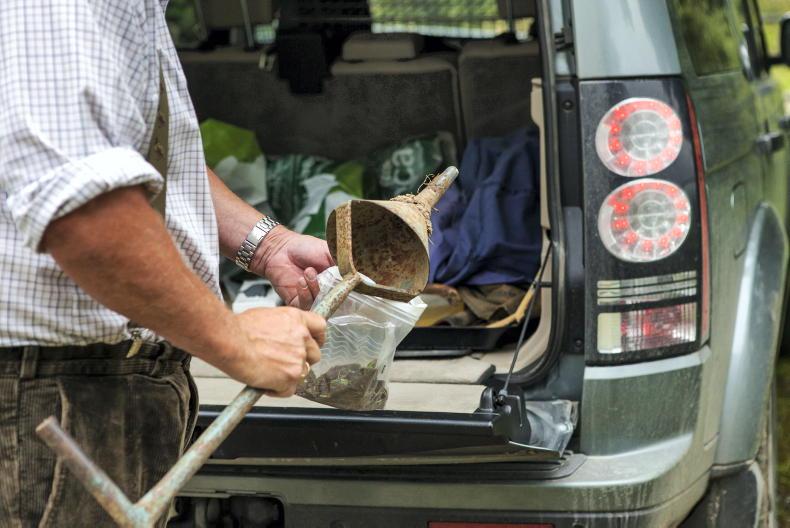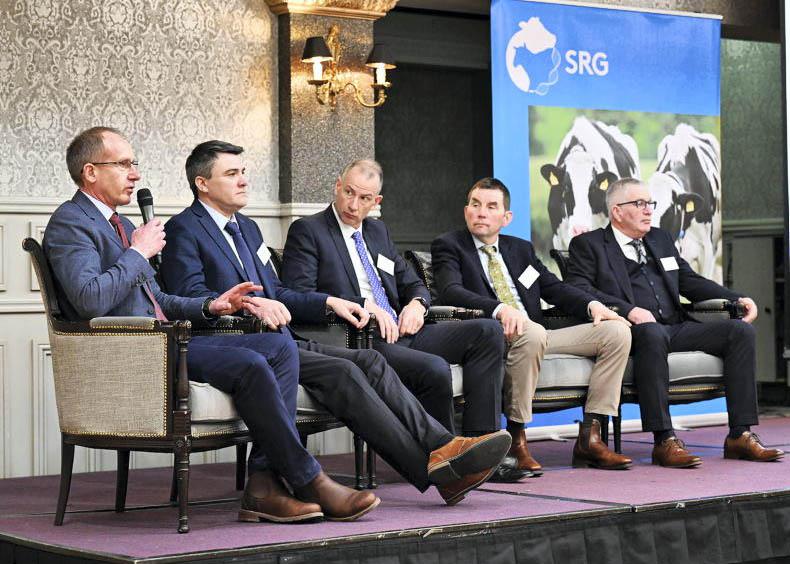Full movement restrictions will soon apply to herds that retain BVD-positive cattle.
DAERA is finalising proposals for new legislation which will be published as part of a public consultation exercise this autumn.
The expectation is that the legislation will be in place by spring 2023, and it will not be held up by the ongoing political stalemate at Stormont.
“At this juncture, it is considered that the legislation needed to introduce herd restrictions can be made in the absence of a functioning Assembly and Executive following public consultation and ministerial approval,” a department spokesperson confirmed.
Figures
The latest official figures for NI indicate that 72 BVD-positive cattle in 52 herds were alive four weeks after test results were received.
These cattle actively spread BVD throughout their lifetime and the retention of positive cases is seen as a major obstacle stopping the eradication of the disease.
After herd restriction legislation is in place, DAERA intends to “progress with other necessary measures” to help stamp out BVD.
“It is envisaged that the measures to be considered will include potential neighbour notification of positive BVD cases and the introduction of herd level statuses,” the department spokesperson said.
These measures are in place in the Republic of Ireland (ROI) where its eradication programme is almost complete as the country is expected to obtain BVD-free status next year.
In ROI, movement restrictions into and out of a herd apply once an animal tests positive for BVD. Letters are also sent out to neighbouring herds to warn about the risk of disease spread.
The herd level status system in ROI allows herds that have not had any BVD positive cases for 18 months to receive a “negative herd status”.
Compensation for culling BVD-positive cattle is also available in ROI, with up to €220 paid for beef bred animals and €160 is available for dairy heifers and dairy-cross stock.
A similar compensation scheme was available for an eight-month period back in 2017, although it was closed by DAERA when the funding, which came from an EU aid package, was used up.









SHARING OPTIONS